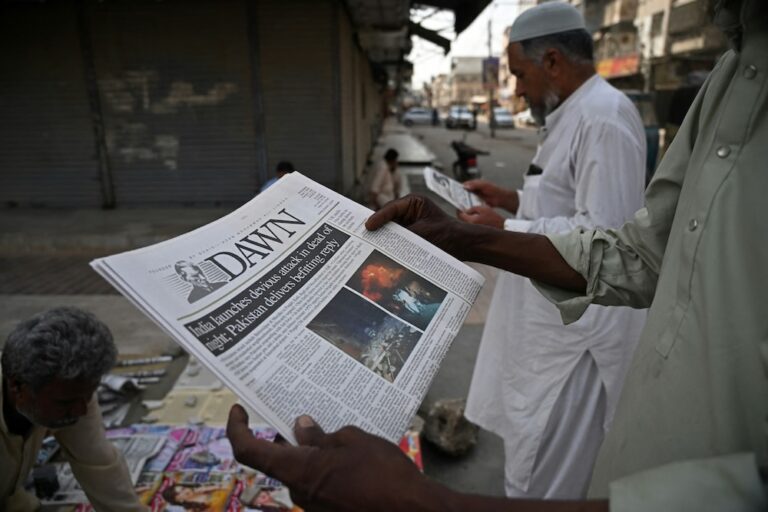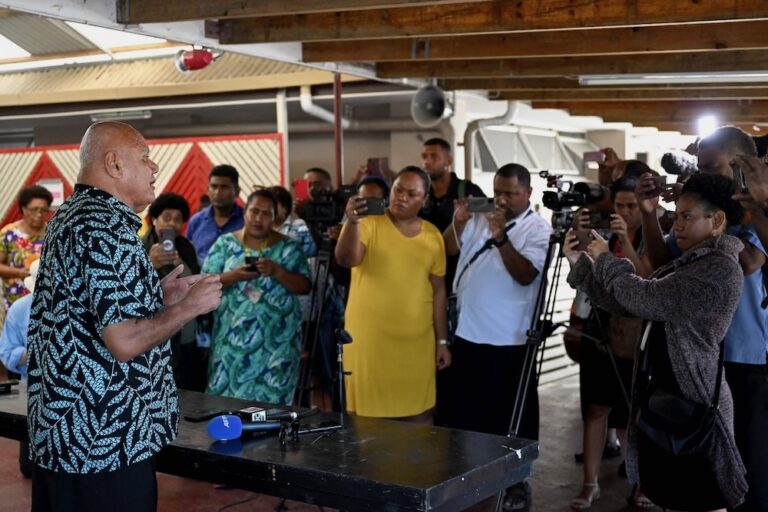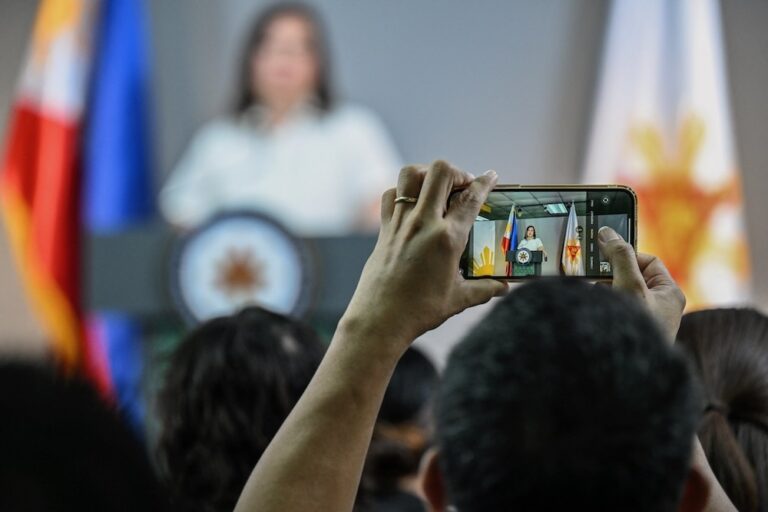Pacific journalists are crucial in raising awareness about the crisis and holding developed nations accountable.
This statement was originally published on Pacific Freedom Forum’s Facebook page on 3 May 2024.
This year’s World Press Freedom Day centres on journalism in the face of the environmental crisis. It is a day to remember that for all newsrooms of this ocean region, the story of climate change, environmental degradation, and the state of our seas is a pressing issue linked to food security, subsistence and economic wealth and our very survival.
Pacific journalists are crucial in raising awareness about this crisis and holding developed nations, including wealthy polluters and so-called partners in the region, accountable. It is also essential to hold our governments and leaders responsible for their national, regional, and global commitments to ensure climate justice and climate governance can give confidence to current and future generations of Pacific people.
As the region’s Article-19 watchdog, led voluntarily by Pacific news leaders, PFF continues to stand with our media colleagues around the Pacific and globally to observe this year’s theme, ‘A Press for the Planet: Journalism in the Face of the Environmental Crisis.’
PFF Chair Robert Iroga of the Solomon Islands said that this year’s theme cuts right to the heart of the greatest existential threat to the Pacific island nations – the climate crisis. For the Pacific people, climate change is a matter of life and death; therefore, they will do all they can to help save our planet,” Iroga said, noting the importance of media coverage and inclusion of Pacific journalists to many of the global conferences attended by activists and governments. “Journalists won’t be able to connect the dots and relay the information if they are not there – when media are missing or silenced, fake information and biased agendas come into play. It is a vicious and complex resourcing challenge for our developing islands states.”
He said that Pacific journalists must step into and lead a more active editorial role in the global climate story, disseminating information about climate change and raising awareness about the environmental impacts and crises.
“If there is work to be done by journalists in the Pacific, it is to urge and encourage global awareness of climate change’s impacts and hold wealthy polluters accountable,” he added.
He is also joined by Co-Chairs Katalina Tohi Uili of Tonga and Leilani Reklai of Palau, as well as PFF founding co-chair and life member Monica Miller of American Samoa, in recognising the outstanding work and leadership of Pacific journalists across Oceania who are already sharing and amplifying stories that are important for the planet.
Iroga said a recurring aspect of World Press Freedom Day is safety for journalists, particularly women.
We join in global solidarity condemning the targeted killing of journalists in Gaza, as well as humanitarian workers and civilians,” said Iroga. The 1949 Geneva Convention on the Protection of Civilian Persons in Time of War states that journalists and media workers in conflict zones are civilians and must be protected. This means they are allowed to do their work without interference, and intentionally targeting them is a war crime.



